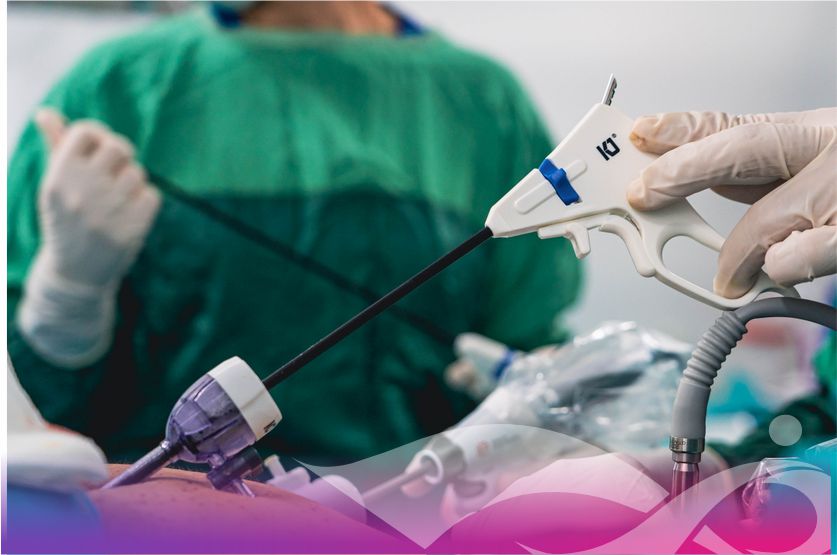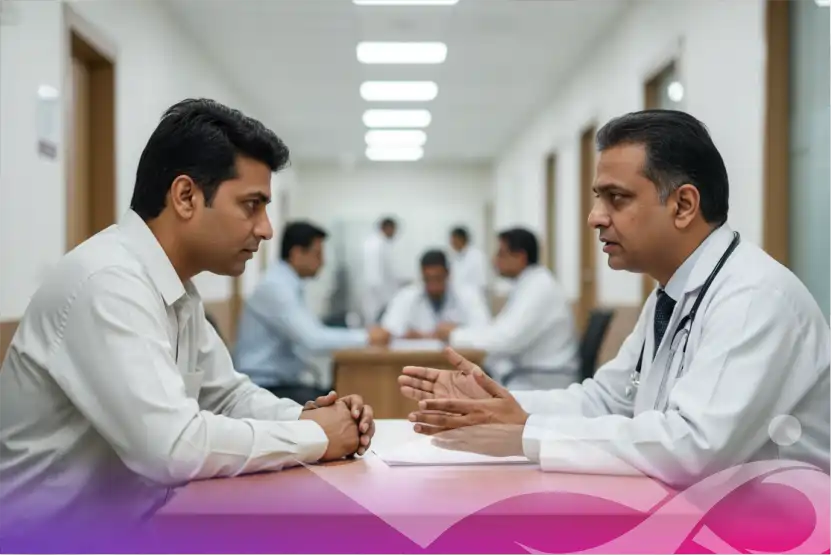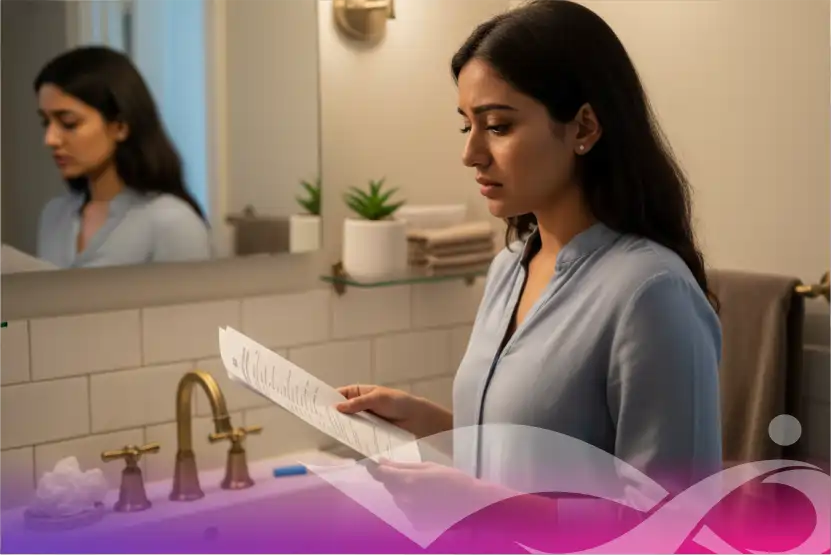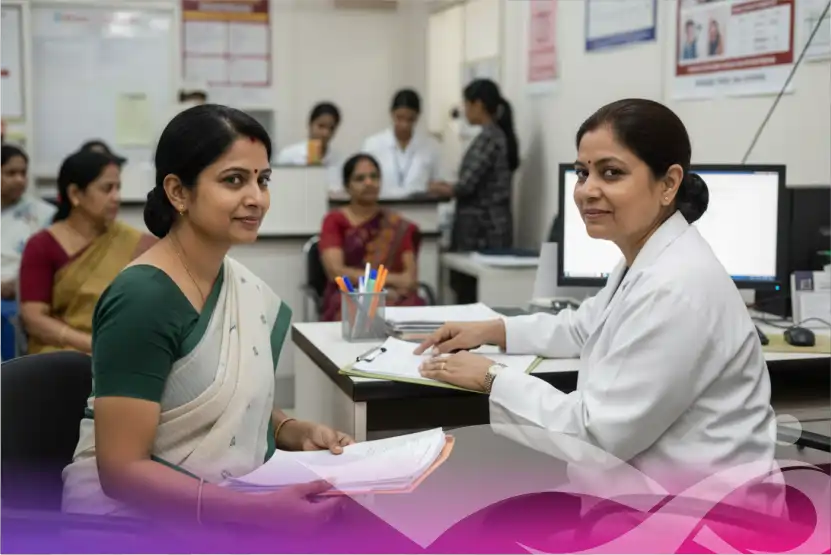A Normal Report Doesn’t Always Mean No Cancer
Every day, patients walk into hospitals across India holding a clean report in hand. Blood counts are fine. Scans show nothing alarming. But their body keeps sending signals. Fatigue. Bloating. Changes in appetite. Something feels off, but the paperwork says they’re okay
At IOCI India, we’ve learned one clear truth cancer doesn’t always show up when you expect it to. Especially in its early stages. Which is why listening to your body is just as important as reading your reports.
Why Routine Tests Miss the Early Signs
One of the most common beliefs we hear is that cancer will show up in a blood test. But can cancer be detected in routine blood test? Not reliably. Most standard blood tests check for infections, deficiencies, or organ function. But cancer often needs tumor marker tests, imaging, biopsies, or specialist evaluations to be caught early.
Some cancers, like ovarian, pancreatic, and gallbladder cancer, don’t release obvious signs in early blood work. That’s why relying on a single normal report can create a false sense of security.
When Symptoms Know More Than the Scanner
Scans are important, but they’re not perfect. A scan is a snapshot not a full story. It depends on timing, technique, and interpretation. In early-stage cancer, a tumor might be too small to show up clearly. Or it may be mistaken for something harmless
Patients often ask us how long can cancer go undetected. In some cases, the answer is years. Especially when the cancer grows slowly, mimics other diseases, or is buried deep inside organs. By the time it becomes visible in a scan, it may have already spread.
Trust Your Instinct. Ask More Questions
If your body keeps sending signals pain that doesn't go away, fatigue that feels different, symptoms that return repeatedly don’t stop at one report. Seek a second opinion. Push for more detailed investigations. And more importantly, speak up
At IOCI India, we encourage patients to come prepared with top questions to ask your oncologist. Questions like:
- If my reports are normal, why do I still feel this way?
- Are there more specific tests for this type of cancer?
- Should I get a second opinion before ruling anything out?
- Being proactive can make the difference between early intervention and delayed diagnosis.
What We Recommend
Use reports as a tool, not the final answer. Combine them with your symptoms, your medical history, and clinical evaluations. If something feels wrong and hasn’t improved despite basic tests, escalate. Ask for further investigations like PET-CT, endoscopy, ultrasound, or a referral to a specialist.
At IOCI India, our multi-specialty tumor boards assess both reports and symptoms, ensuring that no case is dismissed just because a scan looks fine.
Final Thought
Early cancer doesn’t always look dangerous. It doesn’t always show up in your blood. And it doesn’t always speak loudly. But it always leaves clues.
Don’t wait for a report to tell you what your body already knows.
Consult us at any of our locations across IOCI Noida, Greater Noida, Mumbai, Indore, Chh. Sambhajinagar, Agartala, Saharanpur, Kanpur and Jodhpur.












